Events
The Science History Institute produces a wide range of in-person and virtual events that are free and open to the public. From exhibition openings and talks, to museum tours and late-night activities, our programming is aimed at science history lovers, students, industry professionals, scholars, educators, and the scientifically curious.
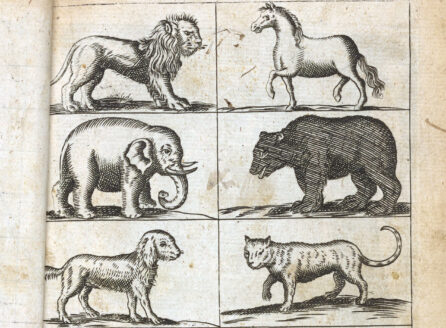
Apr
09
Wed
6pm-8pm
Othmer Library After Hours
Join us for our annual library open house in honor of National Library Week!
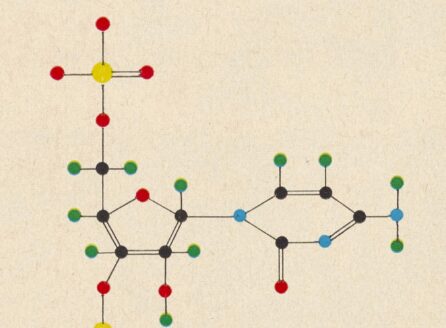
Apr
10
Thu
1pm-2pm
The Power to Change DNA: CRISPR-Cas9 and Sickle Cell Disease
Jennifer Domm offers a grounding in the history of CRSPR-Cas9 and how it has led to new therapies for sickle cell disease.
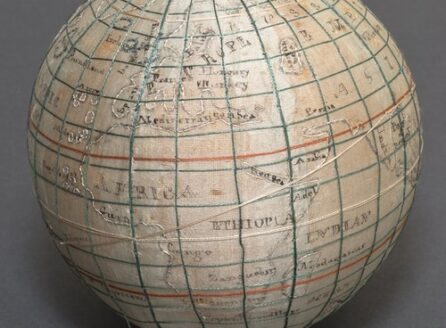
Apr
14
Mon
6pm-7pm
Samplers and Samplermakers: Girls’ Education in the Early 19th Century
Researcher Lydia Wood will discuss the role of stitched samplers made by schoolgirls in global networks of trade and ideas in the early 19th century.
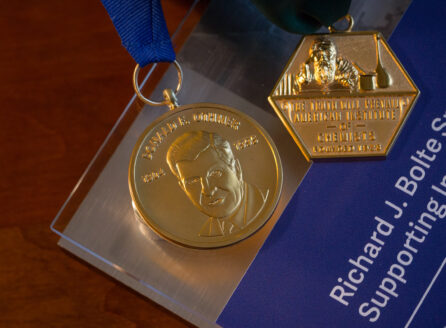
May
07
Wed
5:30pm
Science History Institute Awards 2025
Join us in celebrating the outstanding achievements of Purdue professor Graham Cooks, technology transfer consultant Lita Nelsen, and MIT professor Timothy Swager.
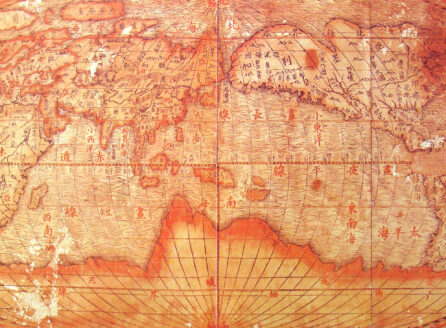
Aug
06
Thu
9am-5pm
The Global History of Modern Science, 1400–1914
August 6, 2026
The 2026 Cain Conference will address the major issues involved in understanding how modern science has been created through a process of global cultural exchange.
